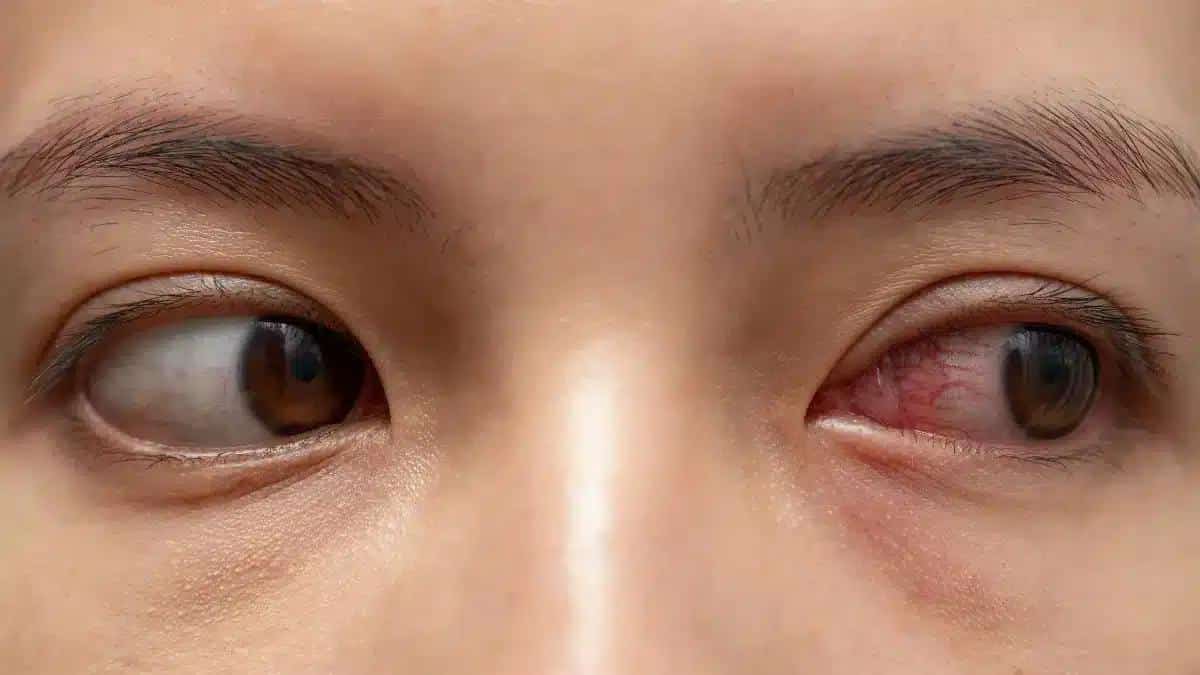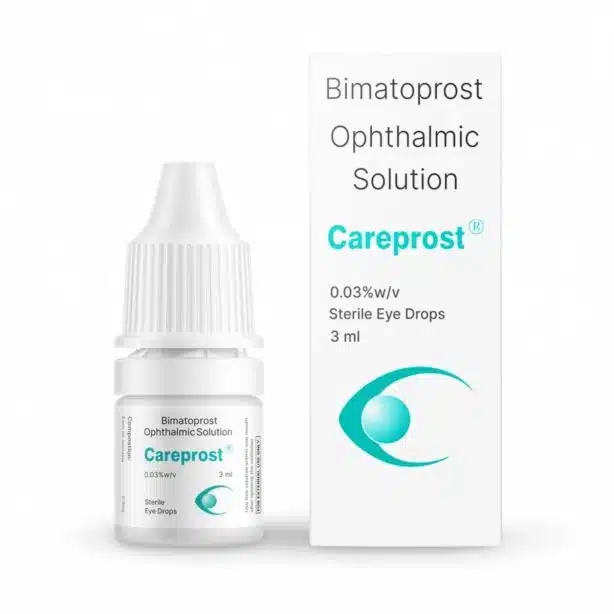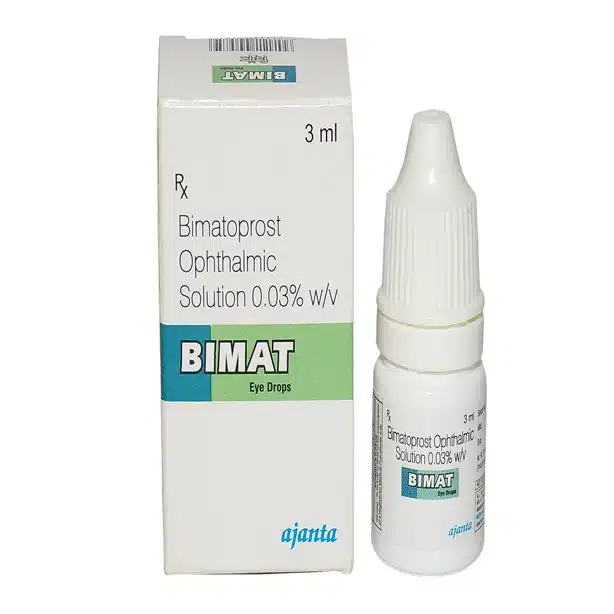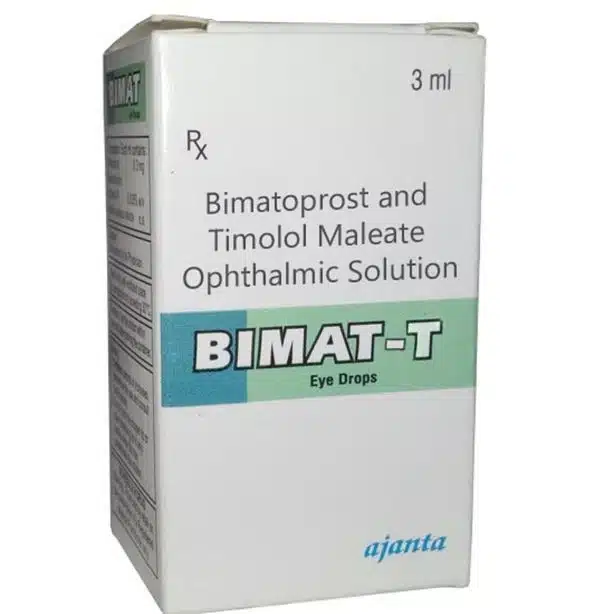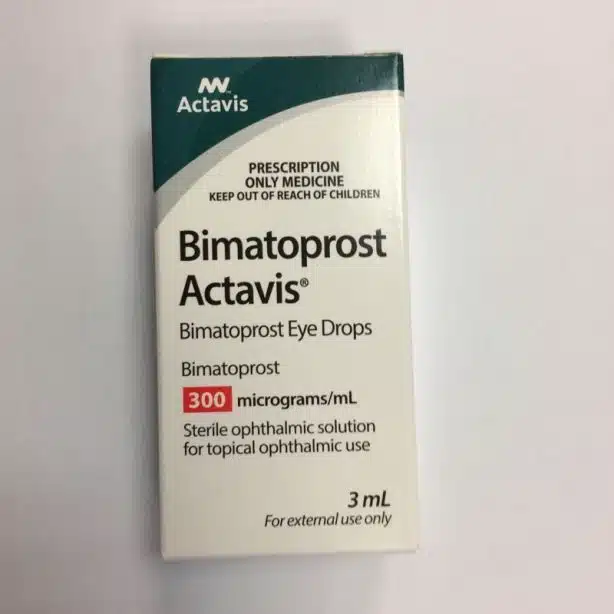Several microorganisms, like bacteria, viruses, and fungi, can lead to eye infections.
While fungal eye infections are uncommon, they pose a threat due to their potential severity.
A fungal eye infection occurs when harmful fungi enter the eye which may lead to inflammation.
Such infections in the eye can have serious consequences for eye health and vision.
This article will focus on understanding fungal infection in the eye, its symptoms, treatments, and home remedies available.
What is a fungal infection in the eye
Eye infection is inflammation caused by microorganisms, leading to redness, discomfort, and potential vision loss.
A fungal infection in the eye occurs when harmful fungi enter the eyes, causing inflammation.
Various areas of the eyes are affected due to a fungal eye infection, such as the cornea and conjunctiva.
Excessive contact lens use, weak immune system, and polluted water or soil increase the risk of fungal eye infections.
Seeking medical assistance provides a proper diagnosis and a personalized treatment.
Early intervention is critical for properly managing the infection and protecting eye health.
Fungal eye infection symptoms
Symptoms of a fungal eye infection can show up days to weeks after exposure.
The symptoms of a fungal eye infection are similar to those of other eye infections, such as Pink Eyes.
Here are some symptoms of a fungal eye infection:
- Redness
- Blurred vision
- Sensitivity to light
- Eye discharge
- Eye pain
If you experience these symptoms, seeking immediate medical attention is crucial.
Early diagnosis and treatment can help to avoid potential risks and side effects.
How to treat a fungal eye infection
Early-stage fungal eye infections are treated with antifungal medications for effectiveness.
Antifungal medications such as Natamycin work well for fungal infections of the eye’s outer layer.
Oral antifungal medications may be required, particularly if the infection worsens or affects deeper eye tissues.
Surgery is only performed in severe fungal eye infections and involves removing damaged tissues or draining fluid buildup.
Early diagnosis and eye infection treatment is essential for effectively managing the condition.
Don’t let eye infections go unnoticed! Read Types of Eye Infection for a comprehensive understanding.
Home remedies for fungal eye infection
While medical intervention is essential, certain home remedies may complement medical treatment.
Maintaining proper eye hygiene, using warm compresses, and avoiding irritants can all help to reduce discomfort.
Some of the home remedies for fungal eye infections are:
Maintaining good hygiene: Wash your hands thoroughly and practice good eye hygiene to reduce the risk of infection. Do not use dirty hands to touch your eyes.
Vitamins and nutrition: A vitamin and mineral-rich diet can help the body’s immune system and eye health.
Wear protective eyewear: Wear protective eyewear to guard your eyes from poor chemicals. Wear protective eyewear during swimming and outdoor activities to shield your eyes from contaminated water exposure.
While home remedies can be effective, it’s important to understand that they are meant to complement medical advice, not replace it.

Summing up
A fungal infection in the eye is a condition that may affect vision and eye health.
Recognizing the symptoms of a fungal eye infection is the first step toward getting treatment.
Some of the fungal eye infection symptoms are redness, eye pain, and blurry vision.
Antifungal medications and surgery are used to treat fungal eye infections.
Home remedies and preventative measures can be beneficial, but they should not be used in place of medical care.
Most fungal eye infections can be effectively cured with careful care, preserving your eyes’ health and clarity.
Early detection and prompt treatment are crucial in avoiding potential risks and adverse effects.
Frequently Asked Questions
Can fungal eye infection spread?
Yes, fungal eye infections can potentially spread.
Accurate diagnosis and treatment are essential in preventing the infection from spreading to other parts of the eye or the other eye.
Consult a healthcare professional for appropriate care
What is the best antifungal medication for the eyes?
The best eye antifungal depends on the specific fungal infection and requires professional medical advice.
Common antifungal medications for ocular use include Natamycin, Amphotericin B, and Voriconazole.
It is essential to consult a doctor for proper treatment and medications for fungal eye infections.
How to treat a fungal eye infection?
Treating a fungal eye infection involves antifungal medications prescribed by a healthcare professional, such as Natamycin or Voriconazole.
Topical or oral medications may be used depending on the severity.
Prompt diagnosis and adherence to the prescribed treatment plan are crucial for effective management.
What are the symptoms of a fungal infection in the eye?
Symptoms of a fungal eye infection are redness, pain, light sensitivity, blurred vision, and discharge.
It’s crucial to seek prompt medical attention if experiencing these symptoms to receive an accurate diagnosis and appropriate treatment.
How serious is a fungal eye infection in the eye?
A fungal eye infection can be quite serious.
If fungal eye infection is left untreated, it can cause serious consequences like permanent vision loss.
Early identification and professional medical treatment are critical for properly managing the infection and minimizing eye damage.
When referencing outside resources, GoodrxMedicine always provides full citations. To learn more about the measures we use to maintain the quality of our content, please review our Content Information Policy.



